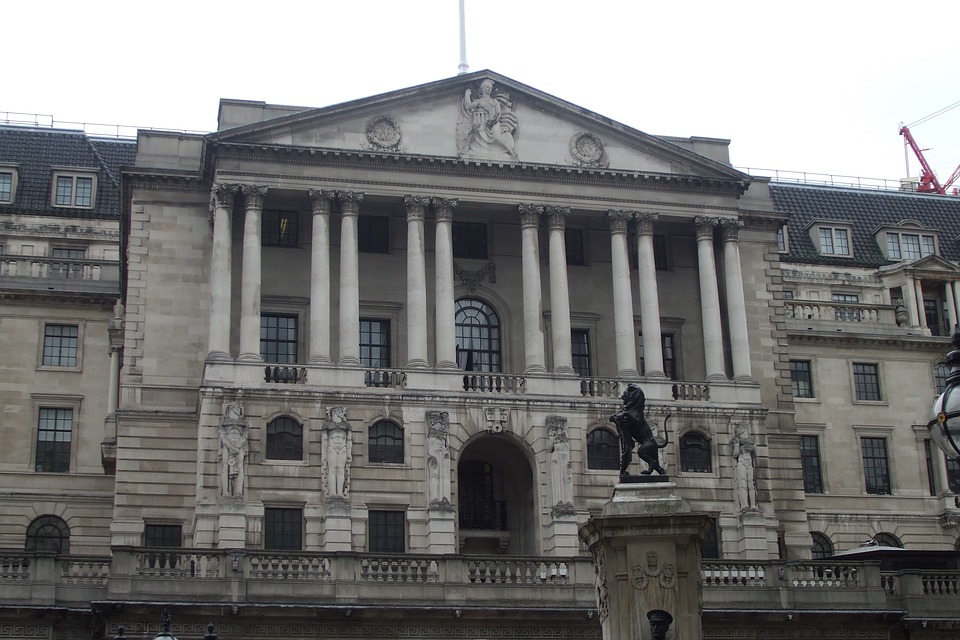A combination of a weak March handover and the Queen’s Jubilee in June is set to see the UK economy contract in the second quarter.
An easing of coronavirus restrictions resulted in the UK economy growing 0.8% over the first quarter. But this respectable outturn masked a deterioration in the monthly profile. After a 0.7% expansion in January, GDP was unchanged in February before going on to contract by 0.1% in March. While this was in line with our expectations, City economists had looked for it to be steady in March.
On a sectoral basis, a 0.2% decline in services output was driven by a 15.1% fall in motor trade activity as persistent bottlenecks impacted a typically bumper month for sales. Meanwhile, weaker pharmaceutical manufacturing and mild March temperatures resulted in a 0.2% fall in industrial production. By contrast, construction output jumped 1.7% on the back of repair work following storms in February as well as office refurbishments.
To find out more about how we can assist you with your Second Charge Mortgage please click here
Looking past these distortions, today’s figures reinforce our expectation that the UK economy will contract in the second quarter. Rock bottom consumer confidence will spur precautionary saving as households eye the income squeeze that is set to come to a head later this year from higher energy prices. There is also no let up in sight for capacity-constrained sectors, limiting any boost afforded by the rotation in consumption back from goods to services. These factors are set to result in subdued April and May prints, before a sharp contraction in June on account of the Queen’s Jubilee bank holiday weekend.
However, we suspect the UK will avoid falling into a technical recession (i.e., two consecutive quarters of negative growth). Contractions incurred by the Jubilee celebrations in 2002 and 2012 were followed by sharp July rebounds. We think history will repeat itself and ensure that GDP grows over the third quarter as a whole. Beyond this, we think that the UK economy could head back into reverse in the fourth quarter as the Ofgem price cap rises by a further 40% or so. A key factor will be what additional support the Chancellor provides and whether this comes in the autumn Budget or if he bows to pressure for an emergency fiscal package.
In any case, we doubt the Bank of England’s Monetary Policy Committee (MPC) will be deterred from further tightening policy. It will almost certainly raise interest rates at both its June and August meetings, taking Bank rate to at least 1.50%. But it is less clear whether the MPC will subsequently raise it to 2.00% by year-end, as markets expect. If the labour market starts to deteriorate, the committee may find it hard to justify further tightening before the window to do so closes in 2023.
By GEORGE BROWN
Source: City AM
Discover our Second Charge Mortgage Broker services.








